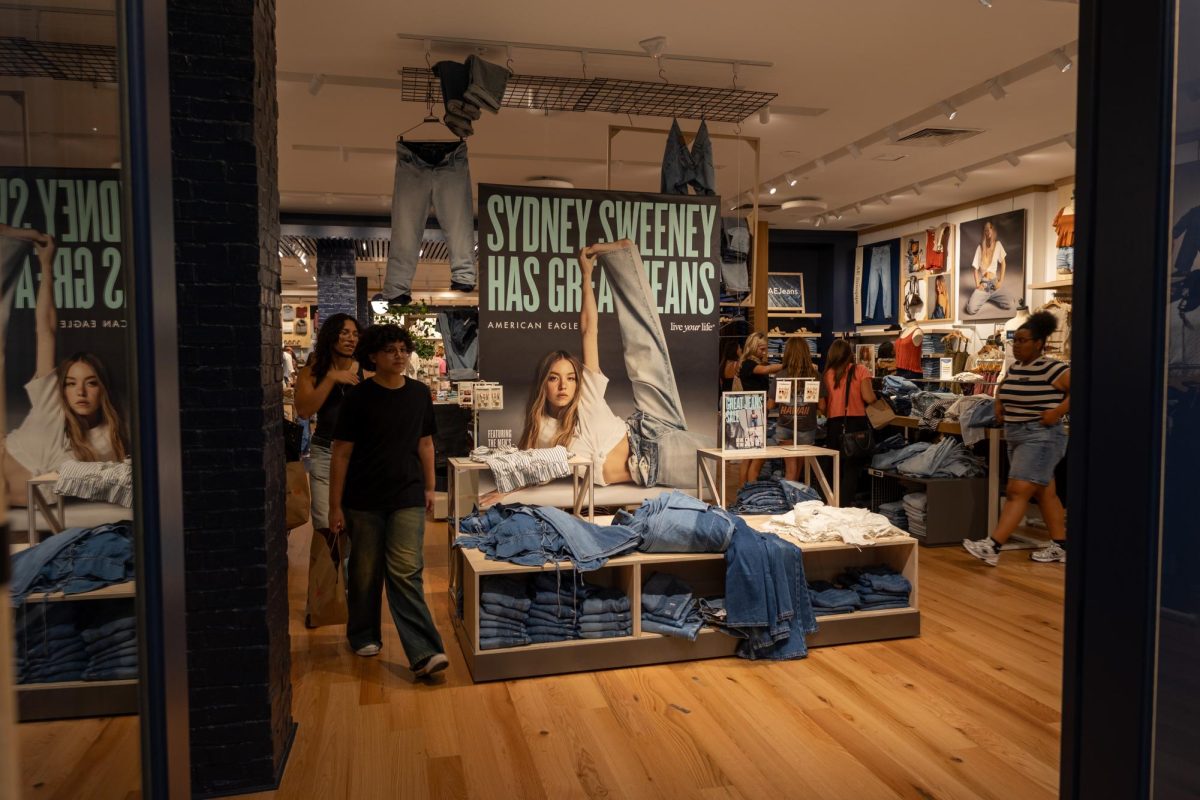Taari Coleman | Staff Writer
Rape culture is a growing phenomenon within the United States. One in five women will experience sexual assault during their undergraduate studies, according to Jenn Scott, Assistant Director of Interpersonal Violence Services in the Women’s Center at N.C. State.
Despite this alarming statistic, rape culture is increasingly becoming a topic that is trivialized on college campuses.
In late 2013, two separate instances illustrated this, the first, an email with the subject, “How to Lure Your Rapebait,” which was circulated throughout Georgia University’s Phi Kappa Tau fraternity. The email was sent by the fraternity’s social chair and included advice such as, “If all else fails, get more alcohol” and “no raping.”
A month after the Phi Kappa Tau email, David Hookstead, a student at the University of Wisconsin emailed a letter to the editor an independent newspaper on campus in which he said there was no such thing as rape culture. The letter was fittingly titled “Rape Culture Does Not Exist.”
For many, the idea that rape culture does not exist might seem to be something only a man would argue, but Caroline Kitchens, a reporter with US News shatters this myth. In her article, “The Rape ‘Epidemic’ Doesn’t Actually Exist,” Kitchens describes how “unclear definitions” and “illegitimate surveys” have botched rape statistics. Kitchens paints individuals accused of sexual assault on college campuses as victims. She has trouble with the federal government mandating that college campuses use a “preponderance of evidence” standard, which requires at least half of a panel to find that it is more than likely that a sexual assault occurred than not for action to be taken.
Scott explained the idea behind that philosophy saying in part, “On college campuses, the most one can incur by way of disciplinary action [for sexual assault] is expulsion, whereas [when] facing criminal charges, the result is jail time.” She continued with, “Being kicked out of college and spending any amount of time in jail are two completely different consequences. If it is acceptable to expel a student for plagiarizing, it should be acceptable to do at least that much for assault.”
There were a total of six forcible sex offenses reported to N.C. State according to the Annual Security and Fire Safety Report released by Campus Police in October 2013.
It is Scotts belief that rape culture has forced many to analyze and reanalyze their situations and often times, leads to an assault left unreported,
The New York Coalition Against Sexual Assault reports that 80 percent of all rapes that occur are acquaintance, or “date rape” and that more than 70 percent of rape victims knew their attackers prior to the rape. This unfortunately means that the rape that most people, most women, are afraid of, the dark-alley, random-stranger “preventable” rapes, are likely not to happen. According to Scott, though many movies portray some sort of depressant drug slipped into a drink, the most commonly used acquaintance rape drug is alcohol.






